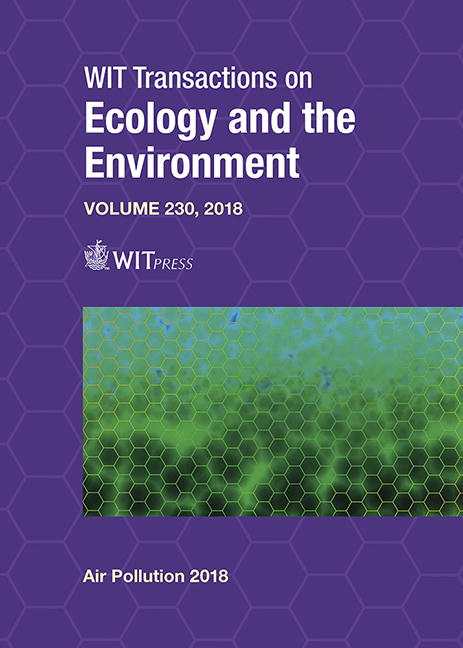FACILITATING STAKEHOLDER DIALOGUES ON A CARBON NEUTRAL CITY: WE NEED TO TALK ABOUT CARBON (AND AIR QUALITY)
Price
Free (open access)
Transaction
Volume
230
Pages
10
Page Range
501 - 510
Published
2018
Paper DOI
10.2495/AIR180461
Copyright
WIT Press
Author(s)
EMILY PRESTWOOD, JAMES LONGHURST, IAN TOWNSEND, THOMAS HAINES, ELEFTHERIA TSIARAPA
Abstract
The issues surrounding successful public engagement with climate change mitigation policy and decision-making have been extensively researched and identified as barriers to long-term civic and civil engagement. The challenge of transforming our urban spaces to mitigate and adapt to climate change was a key theme of the Bristol Urban ID project, which explored the “business as usual” approaches in policy, practice and engagement that limit truly transformational actions. As part of the project, a Carbon Neutral Bristol 2050 roundtable was held with civic leaders and stakeholders. Discussions focussed on defining carbon neutrality targets, “scopes” and boundaries for Bristol, exploring the opportunity for Bristol to be a carbon neutral city leader, how to build political, business and citizen space for engagement with carbon neutrality, and the role of Bristol Green Capital Partnership (BGCP), a cross-sector network of over 800 organisation working for a sustainable city, as an enabler and facilitator of change. The findings demonstrate a need for organisations working on interconnected environmental, social and wellbeing, and economic issues in cities, such as carbon neutrality and air pollution, to communicate and collaborate. Partnership working is essential to improving city-wide engagement in carbon and air quality management decision making, and to developing integrated city sustainability management strategies that recognise co-benefits and trade-offs. A set of guidelines highlight the need to create political space for people and organisations to talk about carbon and air pollution to develop city plans.
Keywords
carbon neutral, air quality, cities, partnerships, stakeholder dialogues





